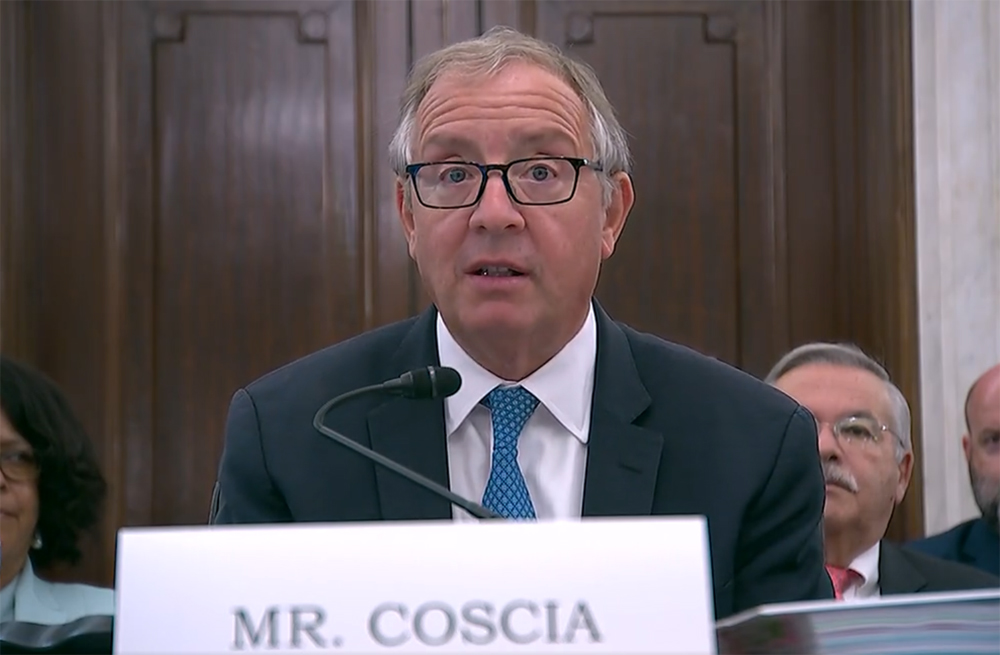
WASHINGTON — Members of the Senate Committee on Commerce, Science, and Transportation struck two disparate themes during a hearing today (Wednesday, June 21) for three nominees for Amtrak’s board of directors.
One, they remain concerned that President Joe Biden’s board nominees board do not meet a geographic-balance requirement.
Two, the desire remains strong on the part of a number of senators to protect and expand the Amtrak long-distance network.
Two of the nominees — current Amtrak board chairman Anthony Coscia and Normal, Ill., mayor Christopher Koos — were making their third appearance before the committee, having yet to be confirmed by the full Senate. The third, Joel Szabat, was appearing for the first time as an Amtrak board nominee, although he has previously been before the committee when nominated to the Department of Transportation as Assistant Secretary for Aviation and International Affairs in 2018 and Under Secretary of Transportation for Policy in 2020.
Also part of the hearing was National Transportation Safety Board nominee Alvin Brown, former mayor of Jacksonville, Fla. But the committee’s focus was clearly on the Amtrak board nominees.
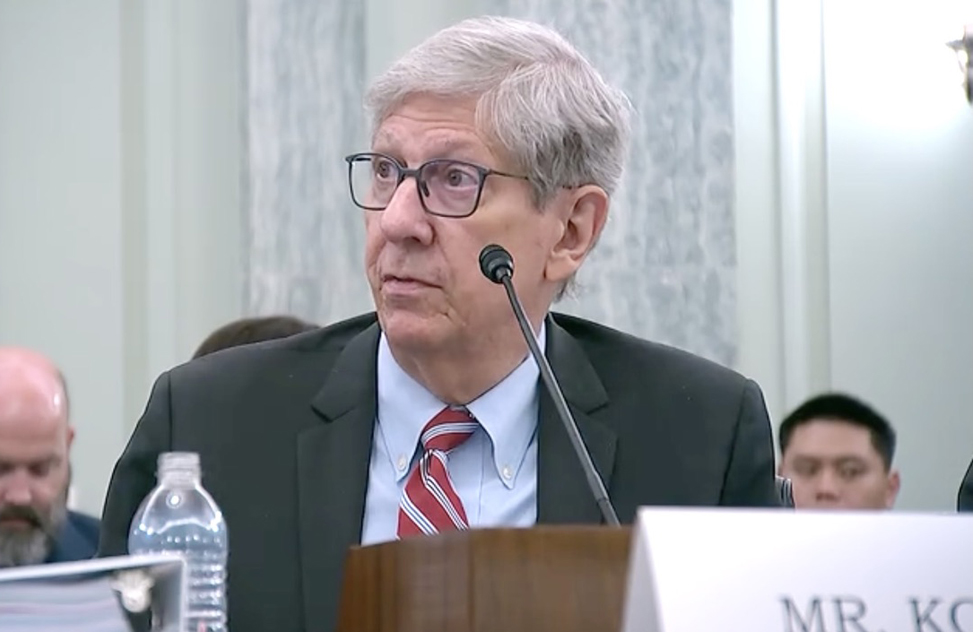
Three of the eight senators who participated called on the Biden Administration to bring nominations for the board into compliance with a section of 2021’s Infrastructure investment and Jobs Act. That allows no more than four of the eight Senate-confirmed board members to reside in the Northeast Corridor region. All three — Sens. Ted Cruz (R-Texas), Jerry Moran (R-Kan.), and Jon Tester (D-Mont.) — have previously written Biden to say his current slate of six nominees need to be brought into line with that requirement; of that group, only Koos comes from outside the Corridor states [see “Senators challenge Northeast Corridor tilt …,” Trains News Wire, April 26, 2023].
Cruz, as part of his opening statement, said “Americans who reside outside the Northeast Corridor … must have their interests fairly represented on Amtrak’s board.
“The President needs to fix this legal defect by withdrawing one of the Democratic nominees from the Northeast Corridor. It’s the President’s decision which nominee to withdraw, but this slate needs to comply with the statute.”
The other three board nominees, who were not part of Wednesday’s hearing, are Samuel Lathem, retired president of the Delaware AFL-CIO; David Capozzi of the Washington, D.C., area, former national advocacy director for Paralyzed Veterans of America; and Robin Wiessmann, executive director of the Pennsylvania Housing Finance Agency and former Pennsylvania state treasurer.
Tester indicated he would not support any nominee until the geographic balance issue is addressed.
“The administration put forward a list of incredibly good nominees, but they did not comply with the geographic requirements,” he said. “… There is still work to be done to get resolution on this, but I am confident that the administration will do what it needs to do, and based on the progress so far, I believe this hearing is a good thing to have.”
Moran said “there’s a philosophical issue here” — compliance with the law — “and there’s a practical issue here as I try to make certain that the Southwest Chief and the potential increasing role of the Heartland Flyer is protected.” He also asked Coscia if he had any comment.
“I totally understand and recognize your very appropriate concerns about that issue,” Coscia said, adding that he feels he has a full understanding of the importance of the national network, even though he does live in New Jersey.
Moran also asked Szabat about his support for long-distance service, a question the senator said he had previously asked Coscia and Koos. Szabat, in response, referenced a 2019 report by the Amtrak Inspector General on the financial costs of poor on-time performance.
“(It) said that in order for Amtrak trains to be consistently profitable in the future, what was required was a more frequent, on-time long distance network,” Szabat said. “I believe that today, and if confirmed, that would be one of the torches I would carry on the board, is for an improved national network and long-distance service.”
Sen. Jacky Rosen (D-Nev.) also made long-distance service her focus, asking Coscia about efforts to add a California Zephyr stop in West Wendover, Nev., and questioning Koos about adding more service on the Zephyr route.
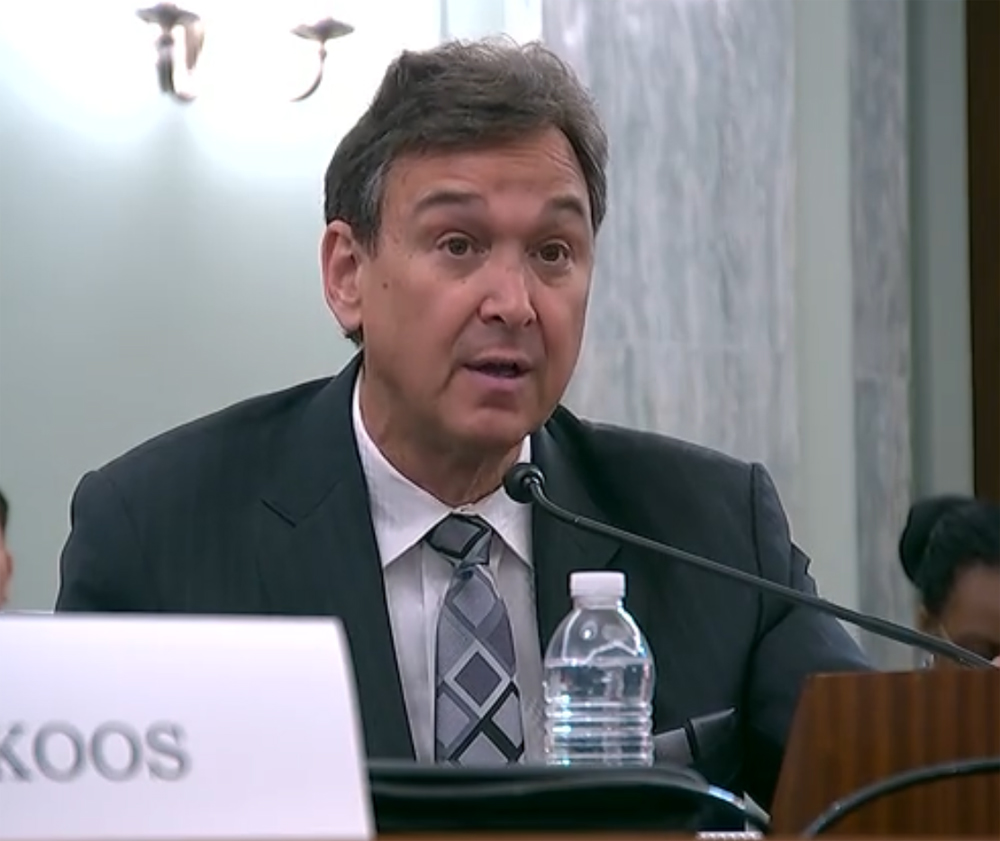
“I think a lot of people overlook the fact that those long-distance routes help support shorter trips to a great extend,” Koos said, referring to his experience riding the Texas Eagle, the long-distance train that serves Normal. “So it’s very important to me … that those long-distance systems are vital and grow. I understand some of the challenges that faced in growing those systems, but look forward to working on that if I’m appointed.”
Koos later added, in response to a question from Sen. Peter Welch (D-Vt.) about service to rural areas, that in his time with the U.S. Conference of Mayors, he saw “there are two types of mayors: Those that have Amtrak service and want more of it, and those that don’t and want to have it.
“The demand is huge, and it’s going to be a challenge for Amtrak to step up and answer those issues,” Koos said. “Fortunately, there’s robust funding to address those issues, and I would work on that, if appointed to the board, as a high priority. I understand how that form of passenger service is vital to smaller communities throughout the United States, and the ability to maintain it and improve it is going to be a high priority.”
A recording of the full hearing, along with written opening statements from each of the nominees, is available at the committee website. The actual hearing begins about 19 minutes into the recording.
Szabat’s statement helps outline his qualifications for the board, including serving as the Amtrak board representative for Transportation Secretary Elaine Chao from 2019 to 2021; overseeing rail capital projects under the American Reinvestment and Recovery Act for three years beginning in 2009; and serving as a transportation consultant for the California Legislature from 1992 to 2001, which included reviewing all legislation regarding passenger rail.







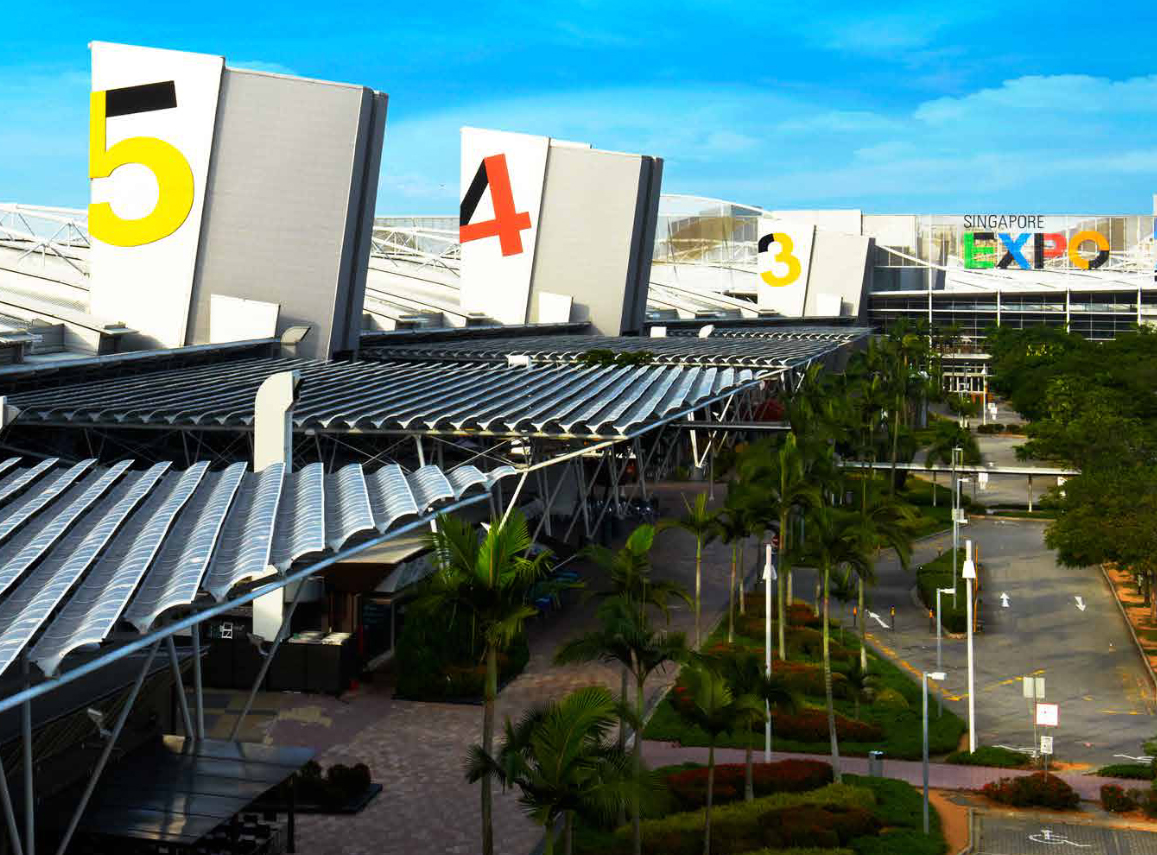
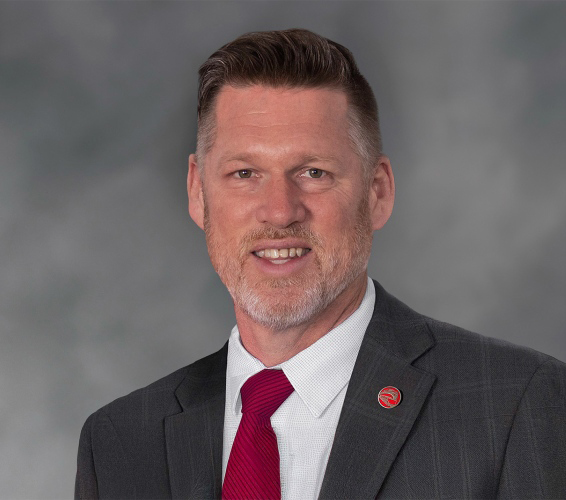
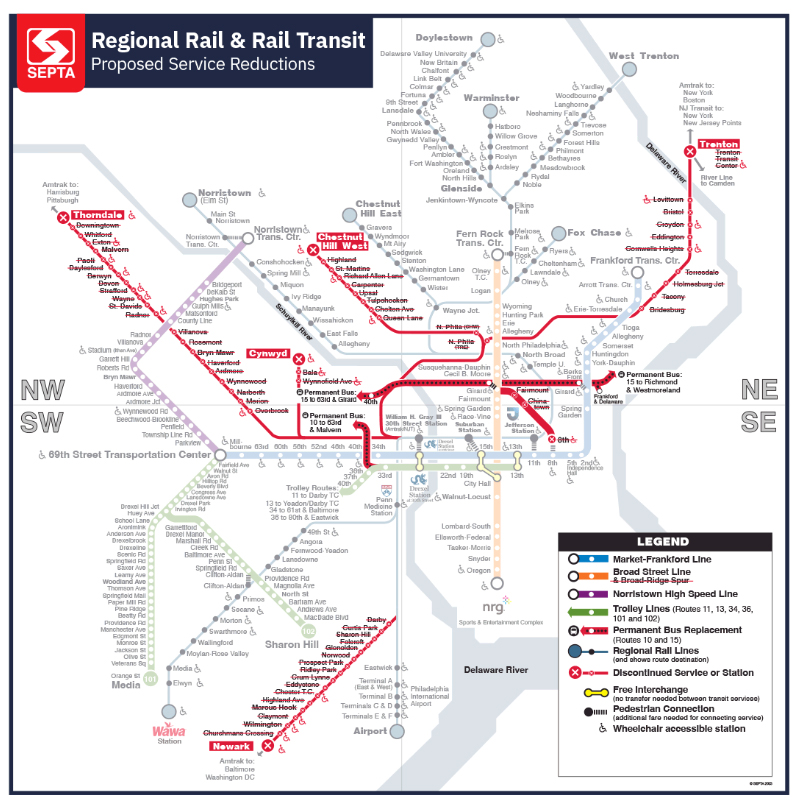




All the comments said so far seem to cover the problem with the existing board members. While a good geography diversity will help there is the need for more railroad experience on the board.
If national funding is to be used then nationwide intercity train service needs to be provided. The northeast will always be Amtraks most used routes due to the population density and frequent service. However the rest of the country also must receive at least good dependable service. Too much time and money is currently spent supporting northeast regional routes at the cost of the long distance trains. There is no excuse for the lack of cars available on many long distance trains except for board of directors not demanding proper care of those routes. On time running on long distance trains means some board members must take that challenge with the freight railroads. I am sure with good negotiations a better job can be done to improve on time performance. A good nationwide service only encourages more passengers using the service as well as increasing Amtraks operating revenue.
Compliance with any law is not a strong point of any government body or elected official.
Apparently, the Board Biden has put together is intended to nicely serve the interests of Amtrak’s corporate management, given neither group possesses working knowledge of railroading, let alone passenger trains.
As the proposed composition of this Board has no idea where even Havre is located, we can also surmise that these neophytes also are blind-sided to how Board members from the Northeast imbedded into Amtrak’s Board leadership allowed the Northeastern commuter railroads to skip on payments to Amtrak for NEC operations, and infrastructure maintenance/repair, from Amtrak’s takeover of the NEC-1976 through 2015.
Senator Tester (D-MT) has clearly identified how Biden’s team violated the specific language of the recent bi-partisan Infrastructure Act requiring the Board to not exclusively be appointed to serve the political and infrastructure needs of the Northeast.
As this violation of the Act obviously has fallen upon deaf ears at the White House, I suggest for Senator Tester to raise the salient issue how the composition of this Board violates the Rail Passenger Act of 1970 (Railpax) which created the National Passenger Rail Corporation (Amtrak). Under the specific provision detailing the Board of Directors component: 49 U.S.C. § 24302, the Board is to be explicitly composed of:
(A) The Secretary of Transportation,
(B) The President of Amtrak, who serves as a nonvoting member of the Board, and
(C) 8 individuals appointed by the President of the United States, by and with the advice and consent of the Senate, with general business and financial experience, experience or qualifications in transportation, freight and passenger rail transportation, travel, hospitality, cruise line, or passenger air transportation businesses, or representatives of employees or users of passenger rail transportation or a State government.
As Biden’s picks for Amtrak’s Board certainly fail to meet the requirements for the Board appointees, Senator Tester should invoke his right to dismiss this Board and start from scratch.
Certainly, the folks of Bozeman would like to know why they must contemplate paying the freight for re-starting passenger service on ex-NP line serving southern Montana, when the states along the NEC get a free ride with twice per hour intercity trains between Washington-Boston. Why should the federal taxpayer foot the bill for NEC infrastructure repair/maintenance, equipment, and crews?
Recognizing how current Board membership failed to hold corporate management accountable for disastrous decisions in the pandemic, perhaps Senator Tester should be inquiring of the need for an Amtrak Board, particularly with its record of failing to ensure accountability; provide competent stewardship over management.
Nobody wants to address the real issue here It’s not about geographic representation or diversity but whether any of these nominees have any real experience or knowledge of how a railroad works or the real issues facing Amtrak and the needs of running a nationwide passenger rail network that serves the entire country not just one area of the country Take away the LD routes and more than half of the nationwide network and see how long the NEC is going to last. Pretty sure if the Midwest or the South or even California loses their trains, those areas are not going to vote or advance funding for a small segment of the country to have passenger rail service. Bur getting back to the real issue here which nobody is addressing is to hire experienced and knowledgeable railroaders to run Amtrak not political apointees or bureaucrats who don’t know the first thing about trains or railroads. It doesn’t matter what part of the country they are from as long as they have the skills and experience and know how and what it takes to run a pasenger railroad. Where is the new and next generation of W Graham Claytors, David Gunns Paul Reistrups and George Warringtons needed to step out and take charge? We have Andy Byford there but it will take a few or dozens like him to turn Amtrak or any operator to make our passenger rail network viable and relevant again. Until then as it is said “the more things change, the more they stay the same”
Joseph C. Markfelder
Should be mandatory for any/all Amtrak board candidates to have ridden either the Empire Builder or Southwest Chief at least once in the prior 2 years before coming before the Senate.
Would love to see Joel Szabat cool his heels on a siding in the middle of New Mexico while 4 or 5 PSR length freights go by.
France has a population of 68 million and one national rail entity, SNCF. The USA, with a population almost five times that, already has one national rail carrier and a growing number of state sponsored carriers (and one private carrier thus far). Isn’t it time, or past time, to revisit the overall structure of passenger rail governance?